- Free schools for IDP children in Arakan State struggle to stay open amid funding shortfall
- Female-headed IDP households in Ponnagyun Twsp struggle as commodity prices surge
- Min Aung Hlaing likely to take State Counsellor role in post-election government formation: Analysts
- Hindus express hope for educational reform under AA administration
- Arakanese zat pwe performers struggle to survive as conflict halts traditional shows
Many houses destroyed by fire in Arakan State conflict yet to be rebuilt
Many of the houses that were burnt down during two years of fighting between Myanmar’s military and the Arakan Army (AA) have yet to be rebuilt, according to the Rakhine Ethnics Congress (REC).
19 Apr 2022
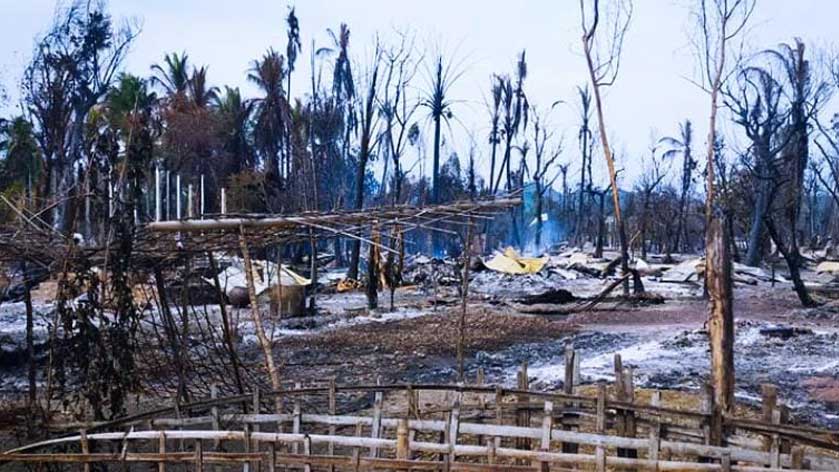
DMG Newsroom
19 April 2022, Sittwe
Many of the houses that were burnt down during two years of fighting between Myanmar’s military and the Arakan Army (AA) have yet to be rebuilt, according to the Rakhine Ethnics Congress (REC).
Nearly 1,000 houses from some 40 villages were razed in the hostilities from late 2018 to November 2020, according to the REC.
Kyauktaw Township was hit hardest by the clashes, with 399 houses destroyed or damaged, followed by Mrauk-U with 209 houses, Rathedaung with 164 houses, Buthidaung with 163 houses and Minbya with 28 houses.
Since the warring sides reached an informal ceasefire toward the end of 2020, only about 300 houses have been rebuilt to date, said REC Secretary U Zaw Zaw Htun.
“The military council does not have the will to prioritise rehabilitation. It is also possible that it is not yet on the agenda of the ceasefire talks between the two sides,” he told DMG.
The regime has so far built new houses in Phaya Paung and Taung Pauk villages in Kyauktaw Township, Lekka village in Mrauk-U Township, and Hpa Pyo village in Minbya Township.
Meanwhile, residents from Tinma village in Kyauktaw Township are still unable to return to their village. More than 130 houses were burnt down in Tinma in the fighting in 2020.
“We want to go back to our village. Life is hard at the displacement camp as we have to rely on donors; whereas in our village, we could work on our own farms for a livelihood,” said Tinma villager Daw Oo Than Yi.
Former residents of Tinma village have asked the Arakan State military council several times to allow them return to their village, but they have yet to receive a response.
The military council is fully responsible for the reconstruction of razed homes and the return of displaced people in the post-conflict period, said Ko Bakkar, a humanitarian aid worker from Rathedaung Township.
“They can make it happen if they have the will. People are in trouble because they ignore them,” he said.
The military council has said it would provide certain assistance for the rehabilitation of voluntary returnees.
DMG was unable to contact Arakan State military council spokesman U Hla Thein for comment.
At the height of the 2018-2020 conflict between the military and Arakan Army, more than 230,000 IDPs had fled their homes due to clashes in Arakan State, in many cases leaving behind livelihoods, education opportunities, healthcare access and property. More than 60,000 remain at displacement camps, while the rest have returned home since clashes largely ceased in November 2020.




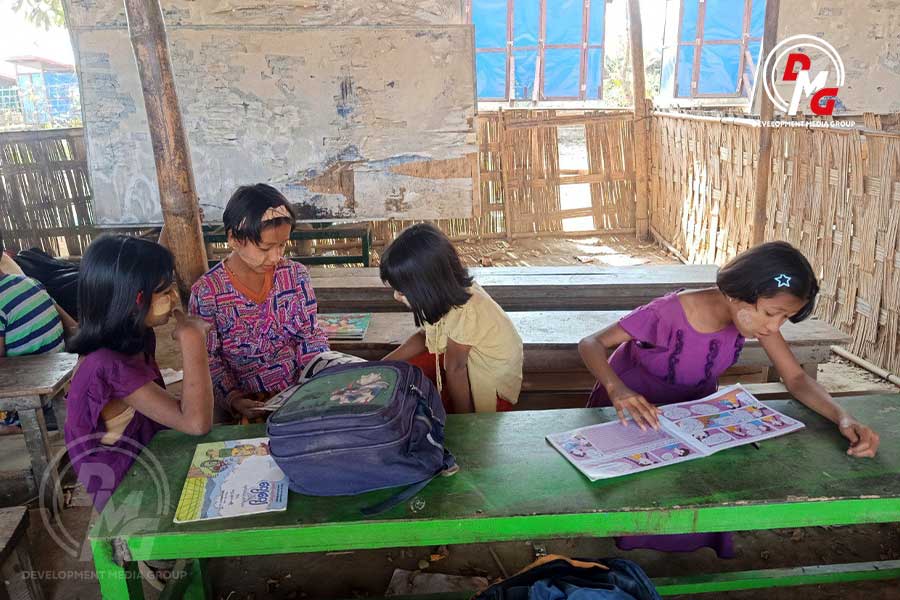
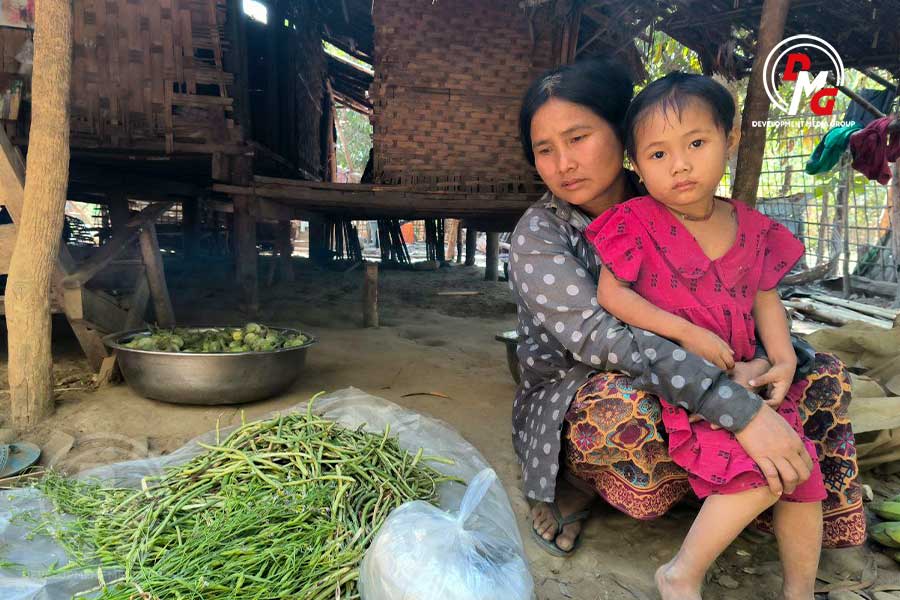
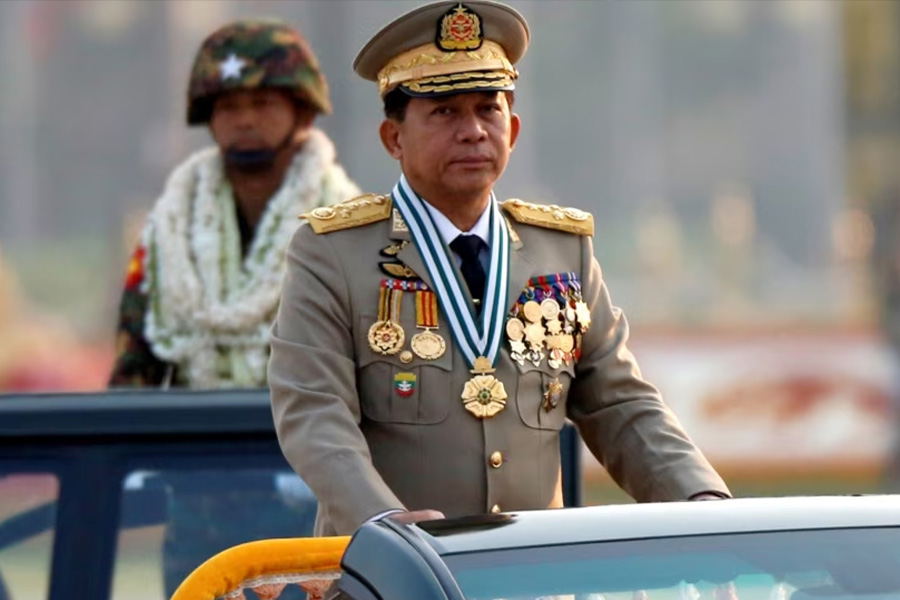
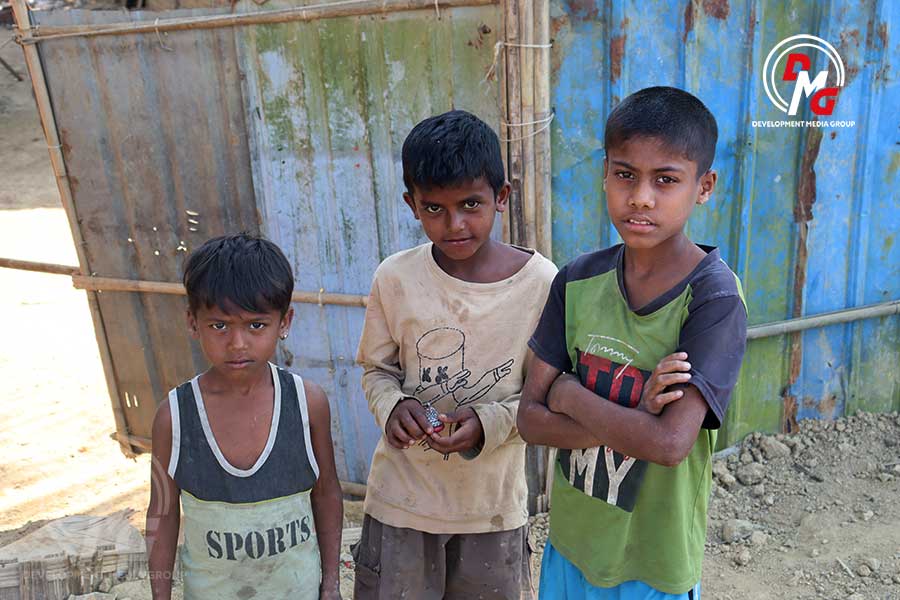
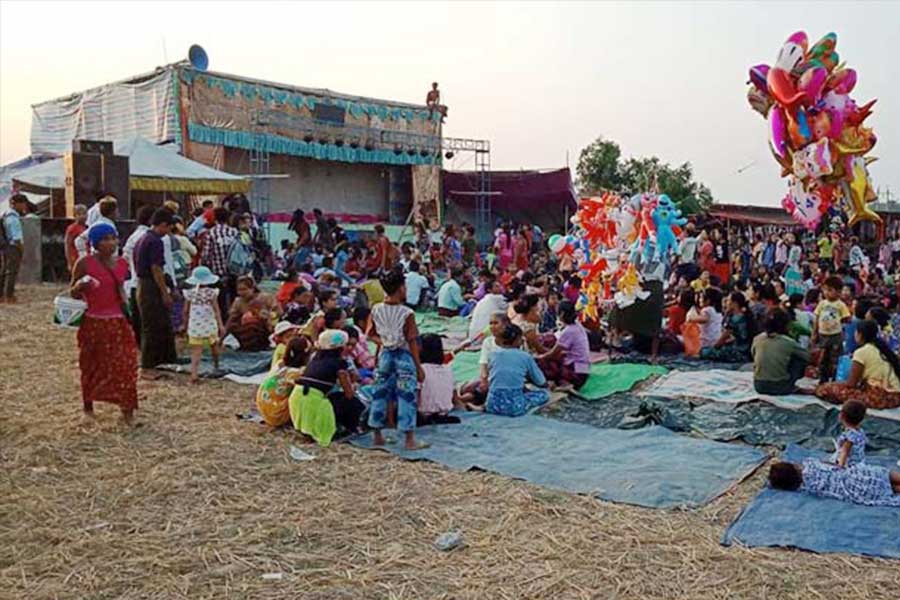








.jpg)